A s a boy I spent every day in the South African bushveld apprenticing under some of the greatest Shangaan animal trackers in the world. I was taught to attune to a hidden world of stories and information etched faintly in the earth as scuff marks and gait patterns. Tracking an animal was like learning a new dialect that opened my understanding of a foreign land. Even the language of birds gained meaning as I learned, in the face of tremendous unknowns, to find and follow the faint trail of a lion.
Life, I eventually realized, works in the same way, at least if you are going to lead a meaningful life. We must attune ourselves to meaning. It is something we must track. It moves like a wild animal whose faint footprints and scent we must follow. I have spent my adulthood trying to stay on the track of my own life, and trying to help others do the same. Along the way, I have learned important lessons about tracking meaning.
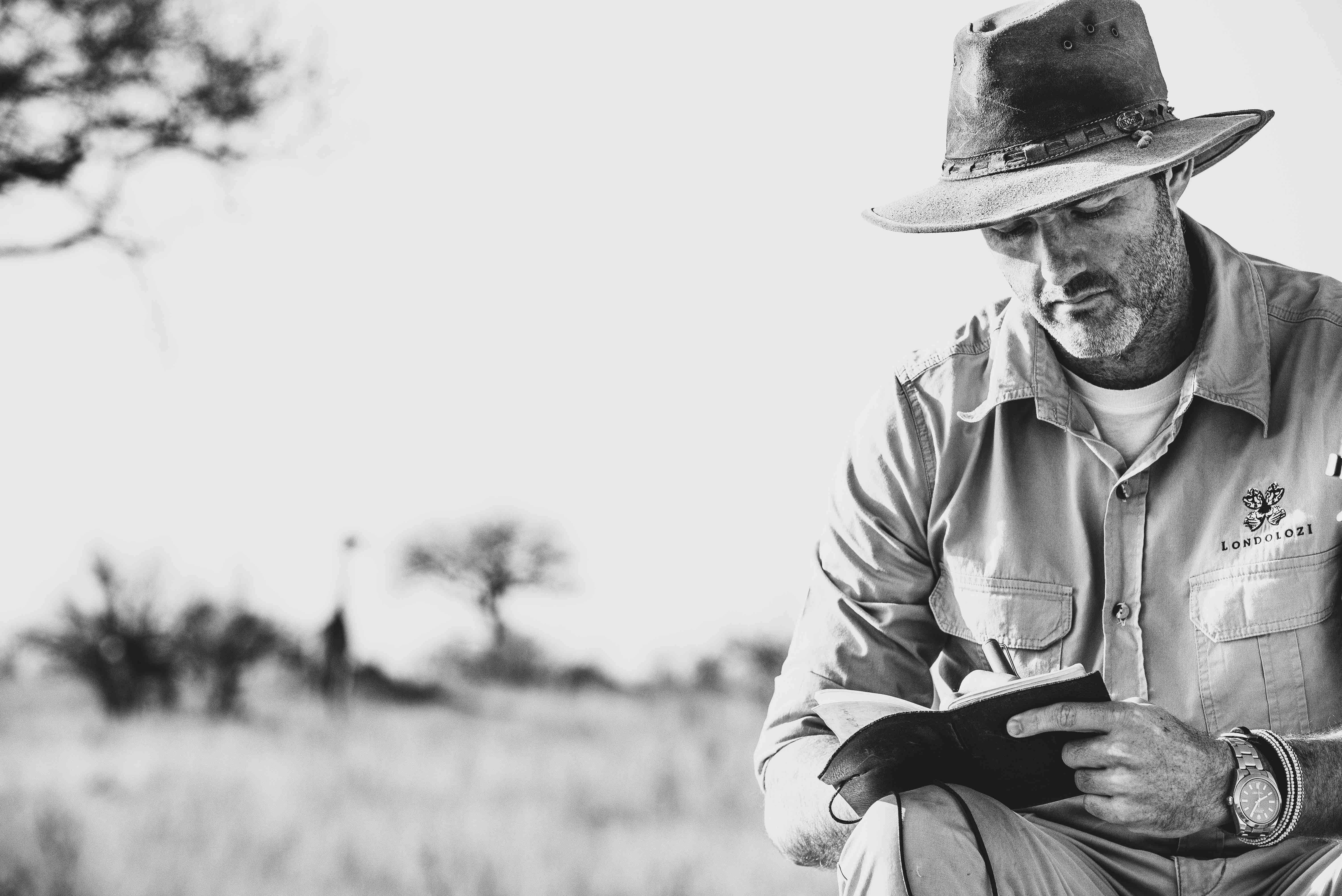
FINDING THE FIRST TRACKS
T racks are hard to find, with the first tracks being the most difficult of all. We live in what the Celtic mystic John O’Donohue calls a neon culture. The modern societies of the world seem to be losing the foundational structures that fill our lives with meaning. We have forgotten how to belong. We have forgotten how to be deeply connected as a community. We have become robotic, almost hybrid, as we collectively forget our relationship with nature.
We live in a society with a schooling system that has a “you should know, you have to get it right” mindset. So often we stand on the edge of a search because we feel that only when we know exactly what’s right for us will we make the changes and begin the journey.
A tracker, however, knows that more often than not we must begin searching without any clear sense of where we are going or what we will find. The search is more about attuning our awareness than needing to know. We start the search at peace without knowing what we are searching for.
It may take you some time to awaken your inner tracker. But even if you grew up in an urban metropolis your tracker stays with you, deeply embedded in your biology courtesy of hundreds of thousands of years of evolution. You were born a tracker.
My own search began like it often does at the confluence of vagaries and certainties. I was unsure about what called me and yet certain of what I did not want. You may know this place of inner turmoil. My family had run a world-famous game reserve in South Africa called Londolozi for four generations and I was set to, in line with family traditions, take over the running of it. Running a photographic safari lodge was an exciting prospect on paper, however it left me feeling lukewarm at best. At worst, it was like I was letting down not just the family but the whole ecosystem of life on the reserve.
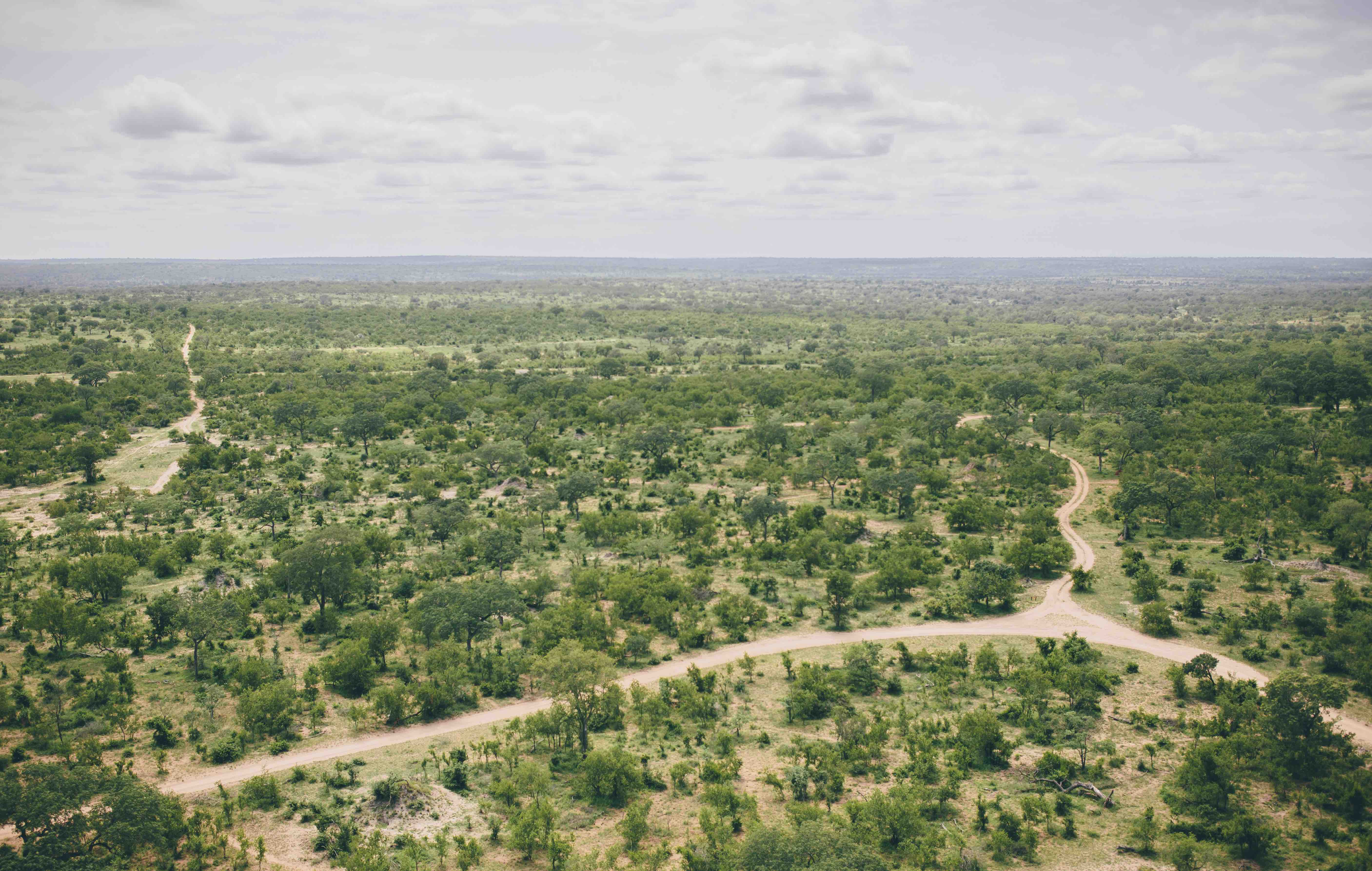
I had also been plunged into my search by two traumatic encounters. In Johannesburg I had been a victim of a dangerous armed robbery. Shortly after that, I nearly lost my leg in the jaws of a crocodile while swimming in shallow water in the river at the reserve. Both experiences had left me in a strange no man's land. I was frozen inside. The world suddenly seemed violent and cruel, yet at the same time a spark had been lit. I had looked the fragility of life in the eye and it stared back at me with a challenge to live deeply.
I was stumbling away from the path ordained for me to find my own track. I needed to heal. In some deeply intuitive part of myself, I knew that healing could only come in the search. I have come to learn that there is nothing more healing than finding your gifts and sharing them.
The first tracks, however, are the hardest to find.
In a vast wilderness a tracker does not need to know where the lion is; all they need to do is to dial down the infinite possibilities of where it could have gone to a single first track, then the next track, then the next.
In my own search, empowerment meant simply taking a small step each day toward what felt like my track. I didn’t know where that track would lead me. As Joseph Campbell said, “If you can see your whole path in front of you, then it’s not your path”.
Rather, as with lions, all I needed was a first track and then a next. A daily moment of presence toward my track over many days took me closer to finding what I was searching for. People who make true changes in their lives are those who make daily consistent steps toward what calls them.
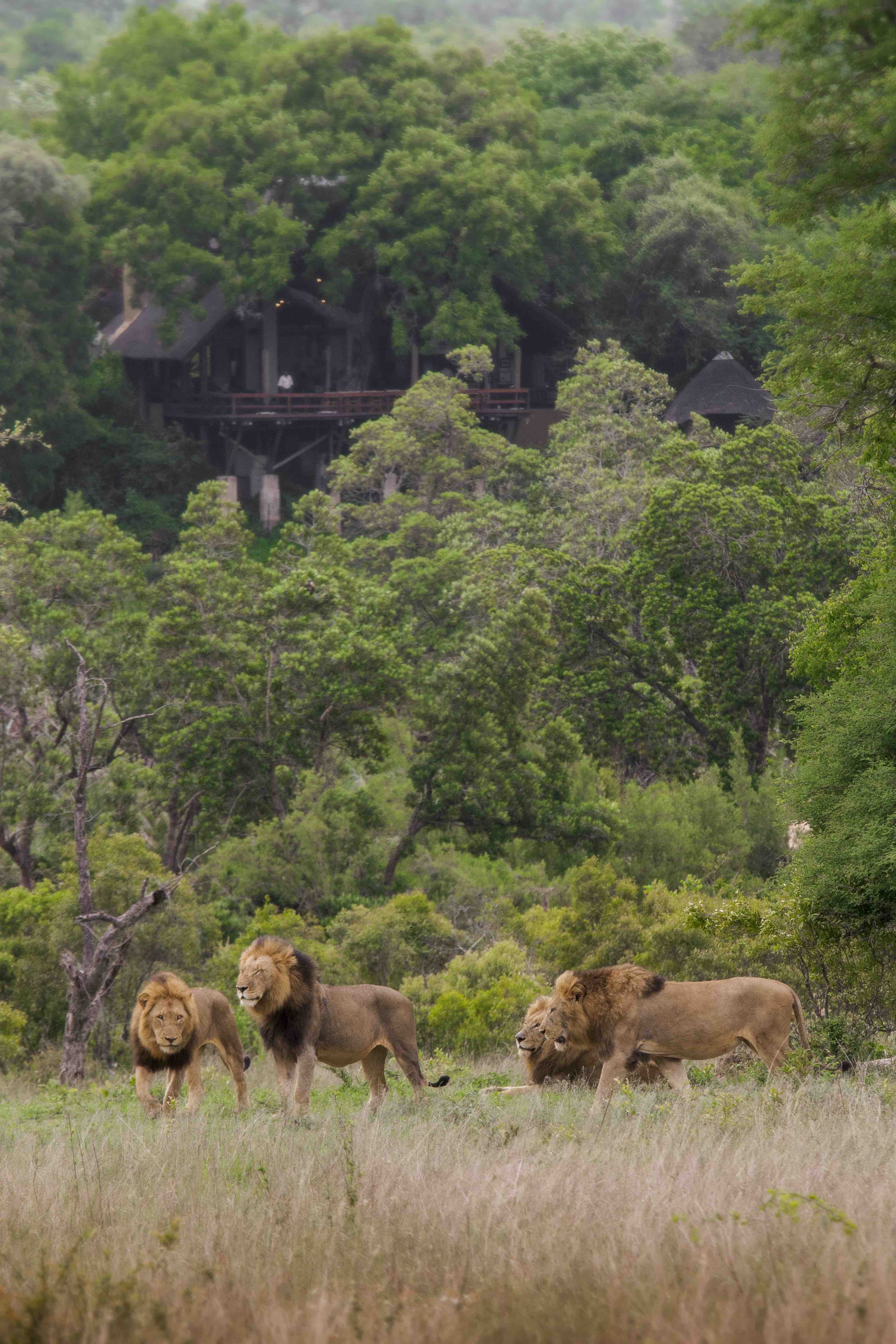
DEVELOPING TRACK AWARENESS
O n one occasion in my late teens I had followed the tracks of a leopard high in the Drakensberg Mountains when I happened across some hikers who had been obliviously trudging down the same trail, stepping on fresh leopard tracks as they went. I didn't understand it at the time, but later in my life I would remember that moment and an important idea would come with that memory: there is information on the path but we must attune to it.
In your search you will need to develop your track awareness. There is a place inside you deeper than rational thoughts. There is a wild self inside you that knows, even when you don’t, how to be fully alive. This place in you is of nature itself and knows in the same way that a lion knows how to be a lion and trees know when to bloom. Deeper than your rational mind you must find the tracks of this wild self.
A tracker teaches themself to attune to certain search images and information. My track awareness was such that I was seeing the trail of a leopard other hikers were walking through, carelessly and unwittingly.
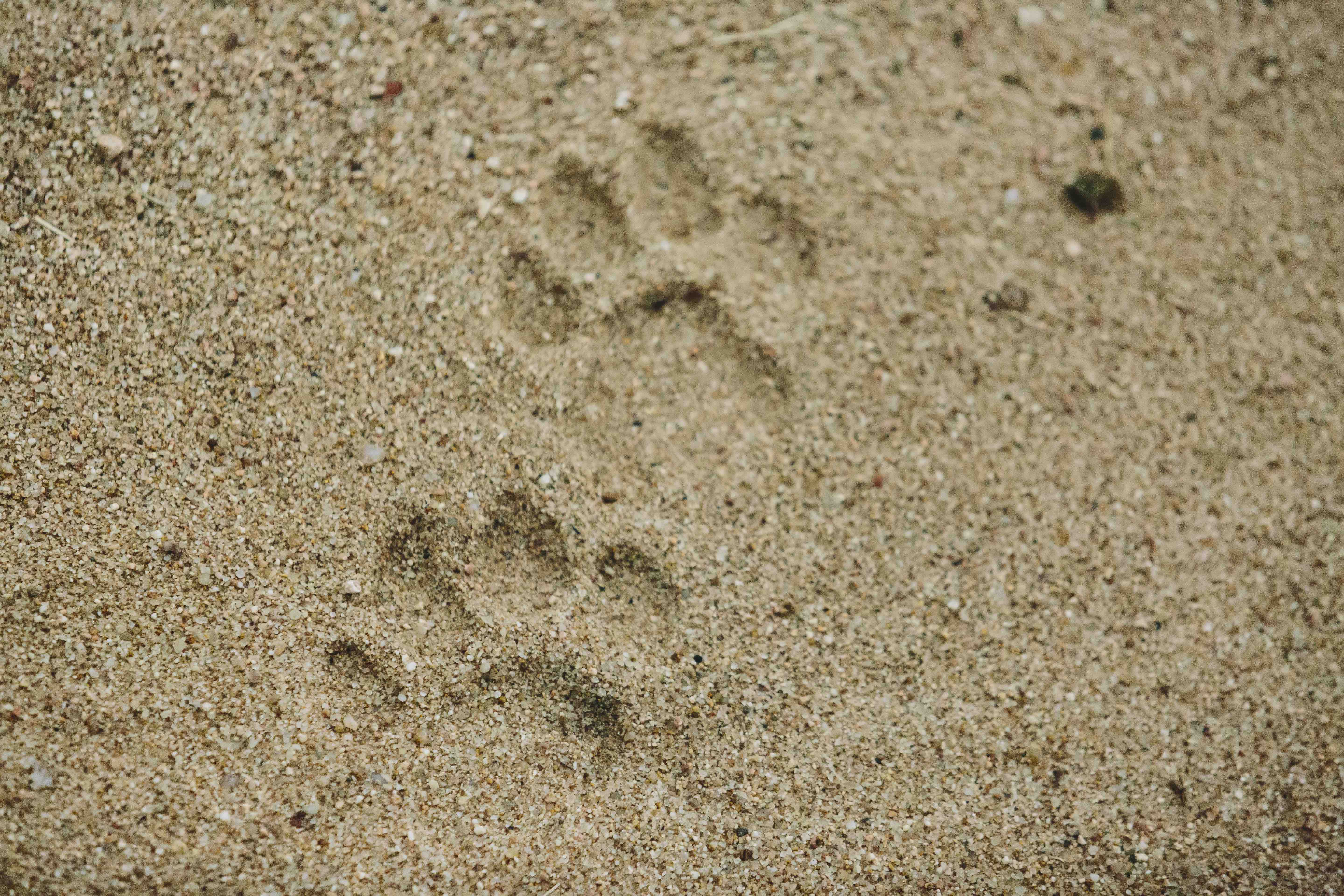
You don’t need to be an animal tracker to search for a more meaningful life. You must, however, develop track awareness in life, an awareness of the deep, wild self inside you that knows, even when you don’t. Nobody can do this for you. It is you who must pay attention: to feelings of expanded energy, to people who excite you, to activities that make you feel alive. By following your curiosity, you can develop awareness for the “track” of your life.
In my own life I found myself literally sitting forward in my seat anytime a great storyteller started speaking. I was drawn by an innate excitement to mystics and healers and found my nervous system resting into a deep state of calm anytime I was in nature. Everything was speaking to me.
Developing this kind of track awareness takes disciplined attention, but following these types of new metrics that you develop for yourself will take you away from the “I should” path to something way more wild and essential. As we develop track awareness we see that while we don’t know what we are looking for, there are clear signs and metrics toward our own nature that speak as peace, joy, health, and vitality. Tracks!
THE INSTRUMENT OF THE BODY
A s a boy I would watch as the Shangaan trackers use their own bodies to attune to the animal they were tracking. They would move at the speed the animal was moving, stop where it stopped, imitate how it shaped itself to listen or crouch. In this way the tracker could use his body to feel the mood of the animal.
Our body is the product of hundreds of thousands of years of wildness. We must learn to use it in our search. The body has information for us on the search. Just starting to notice what or who makes you sit forward in your seat with excitement can show you a path. What causes your shoulders to slouch in dejection may show you another path altogether. What is your body unconsciously drawn to? Learn to listen to the ancient wisdom in your body.
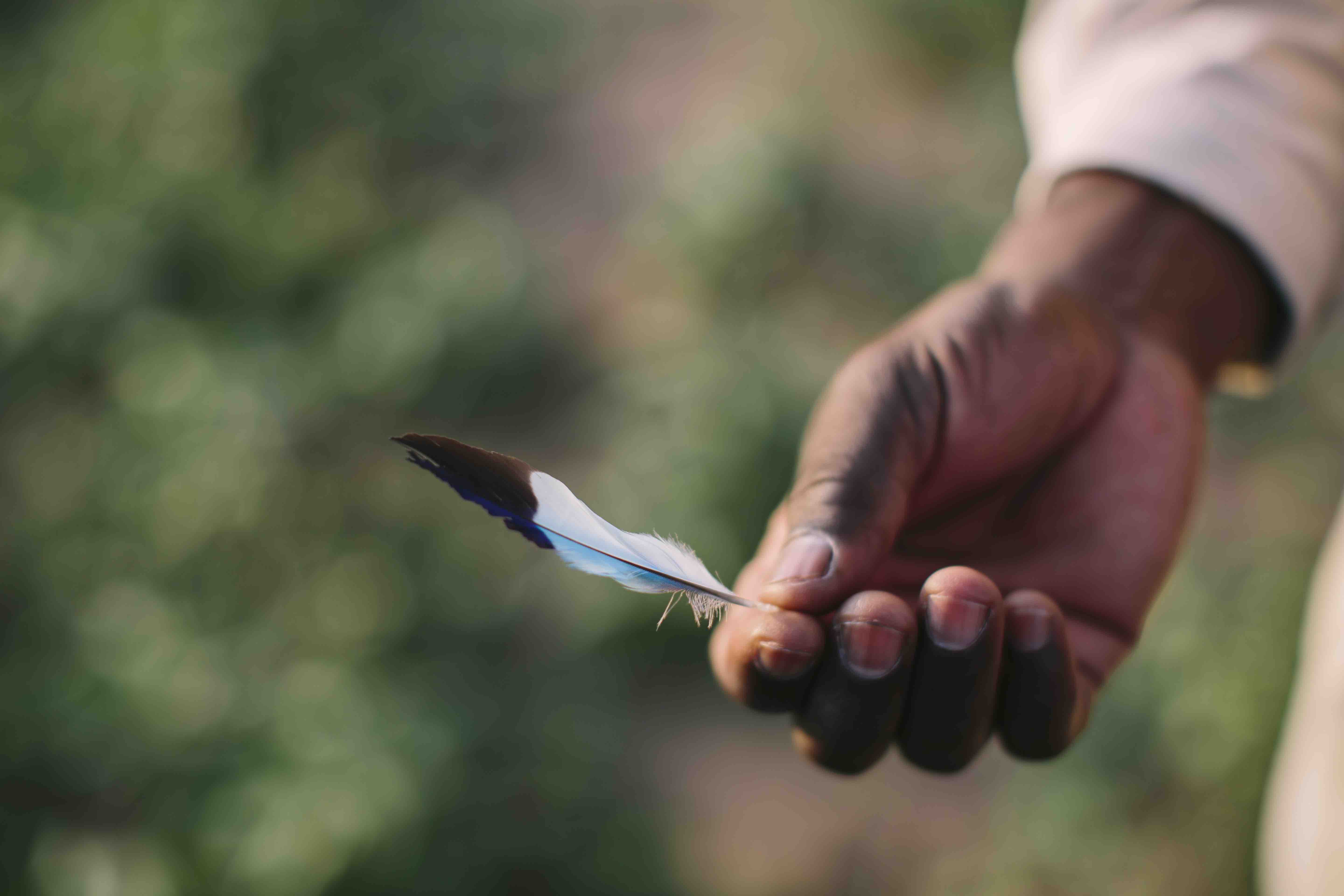
THE FOLLOWING STATE
O n the trail of a lion, the tracker enters the following state. His eyes catch the faint geometry of paw pads. He spots grains of sand on grass where tawny beasts have stepped. While he follows these signs, he listens for alarm calls ahead. He vectors the line of the animal through the woodland using trees ahead as waypoints. He spots tracks. He orients himself, listens, and anticipates where the animal may have moved, all the time making micro-adjustments to his path to stay in tune with the direction the tracks points. He is doing this all at once without trying. He is in the following state.
The tracker has let go of the finding of the animal and is totally absorbed in the process. He is fully attuned to the path of the animal. He is present. At this point the beauty and artful attention of tracking is felt to be the purpose itself.
In your search you may experience the following state as the culmination of the above points. You suddenly touch a state of constant creative response. You let go of needing to know. You feel attuned to your own track as feeling and sensation. Your body is alive with somatic instinctual knowledge and you are taking small, daily steps toward this new path on internal, self-defined metrics. The track of your unique life!
The following state is not inherently more meaningful than what came before. Rather, it is the intention and attention with which you track that allows meaning to flow into what you do. You feel in step with some higher wisdom manifest in your own life.
LOSING THE TRACK
Q uite suddenly, the track is gone. The flow of the following state unexpectedly disappears. You doubt yourself. All trackers know losing the track is part of tracking. When the Shangaan trackers would lose the track, they would remain relaxed and enter a curious state of discovery. A tracker might go back to the last clear track. You might ask yourself: when was the last time I was totally on track?
I remember once following the tracks of a huge pride of twenty lions across an open flood plain. We flew along the tracks. So many lions leaving pug marks made for a lion superhighway. I was brimming with confidence when suddenly the path of twenty lions vanished under the track of a large herd of elephants that had moved through the area.
It is important to know that losing the track is a part of tracking. When you have left the safe confines of the life you knew in search of something new, you may find yourself suddenly lost in the land between your past self and your future self.
Trackers continue to move forward, trying new trails and game paths up ahead. Any place they do not find the track is not wasted; it helps refine where the track will be rediscovered. Losing the track is a part of tracking.
THE DAILY ART OF THE SEARCH
A s a tracker, I have learned that I feel the most myself when fully engaged in the process of following an animal. My eyes sharpen to tracks and my senses come alive. I feel the wilderness telling me a story as tracks cut through beautiful, wild terrain. It feels intimate when I find where this wild creature slept and then drank from a small waterhole. All day I follow, until at dusk I leave the tracks to the night. There is no failure that I have not found the animal. I have been fully awake in the art of the search.
This insight became true for me on my own journey when I began to attune deeply to my own transformative process and followed the wisdom of the wild self. As I learned its tracks, my life filled up with challenging engagements. Each day that I lived inside my own search, something strange happened. I became deeply attuned to a daily discovery of my path. As if by some magic, people started to come to me to discuss their own search. Instead of animal tracks, it was their intuition that led them.
Soon I was running retreats and working with people all over the world as a guide in the wilderness of personal meaning. In some strange way, my dedication to living as a tracker had allowed a path to emerge. I was arriving somewhere unplanned.
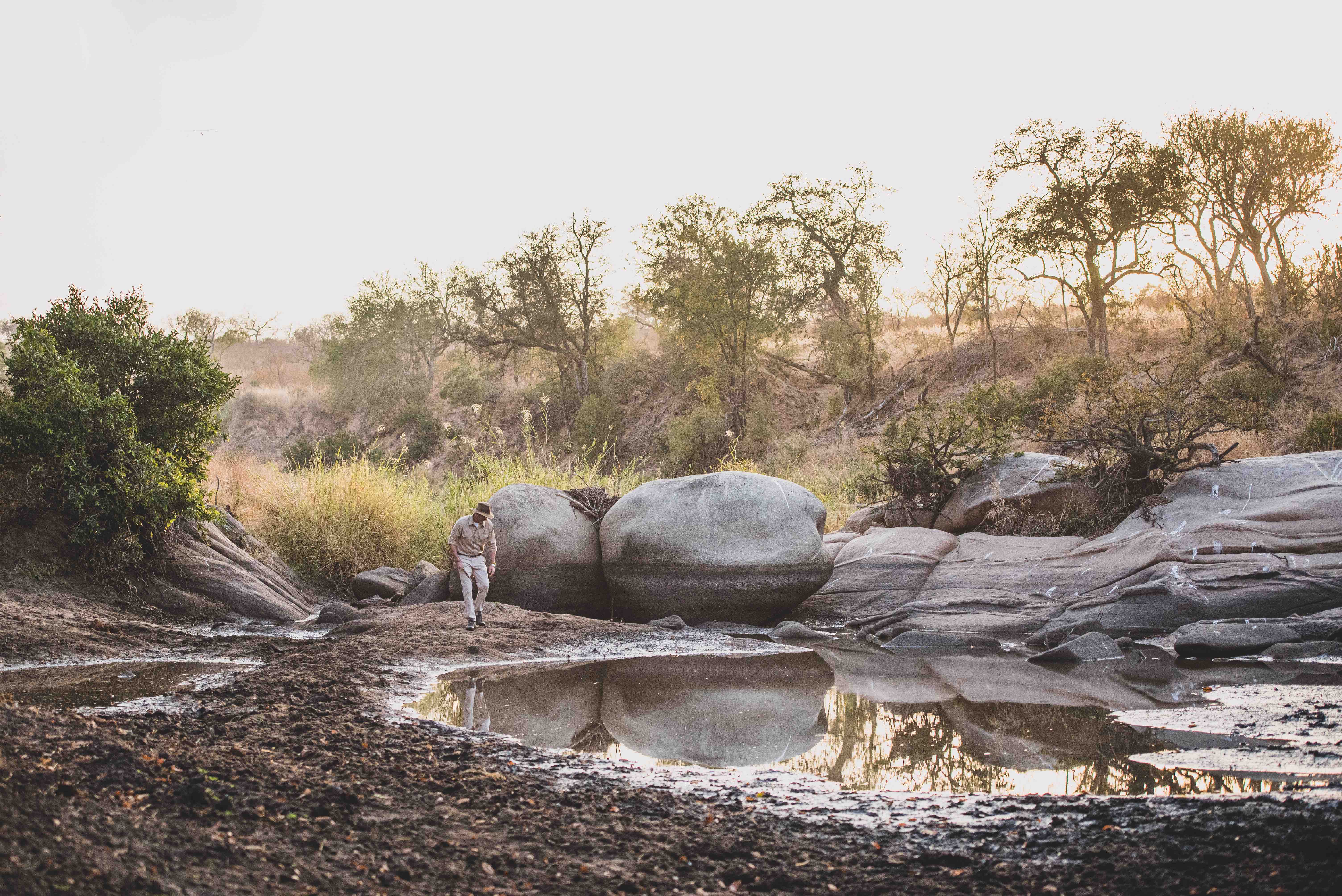
Now, I am also lucky to know that this is not the path. I haven’t found what I’m looking for. I have found a way of being that demands continuous daily attention. A way of searching that, like tracking, does not define the search by what you ultimately find. The real joy lies in the artful, daily dedication to the search itself.
Searching for “meaning” or “the track” of your own life takes the same courage that it takes to follow a lion in thick terrain. You will have to leave the safety of the world you know behind. You have to turn your attention on, like a lightswitch. You must feel an old, primal simmering in your nervous system, and fall onto the trail of something wild.